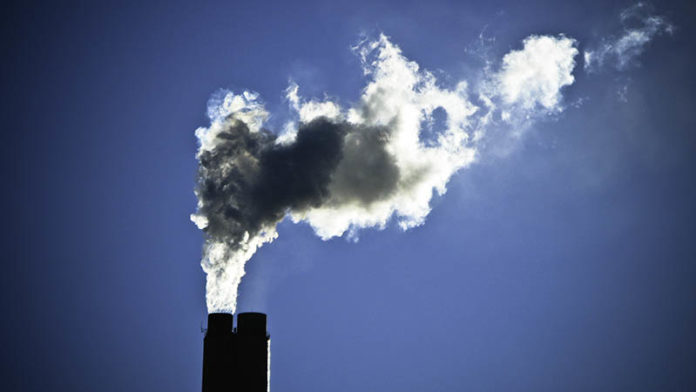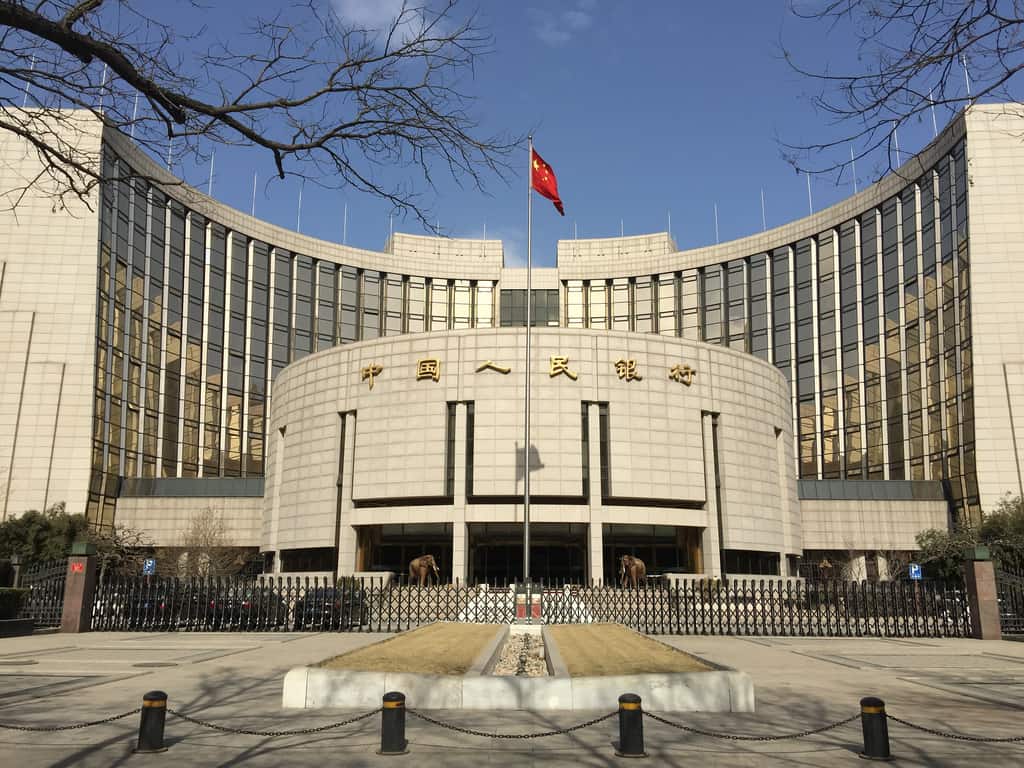The head of the People’s Bank of China (PBOC), being the Chinese central bank, has flagged the use of a “stick and carrot” approach when it comes to achieving the mitigation of carbon emissions, involving the use of incentives in the form of low-cost lending.
“Achieving peak carbon and carbon neutrality requires a combination of ‘sticks and carrots,'” said PBOC governor Yi Gang at a press conference held on 29 March.
“High carbon prices or carbon taxes are the ‘sticks,’ while the People’s Bank of China’s support tools are the ‘carrots in the form of incentive mechanisms.
“We provide re-loans to financial institutions at low interest rates, and financial institutions that accept low-cost funding are required to support carbon reduction projects while also assuming the obligation to disclose relevant information publicly.
“The low-interest re-loans need to be repaid, and financial institutions assume their own risks. This kind of ‘carrot’ incentive mechanism is moderate and appropriate.”
The People’s Bank of China launched two carbon reduction support tools in November 2021 – one to support of clean energy, energy conservation and environmental protection, and carbon reduction technology projects and the other to support the clean usage of coal. As of the end of 2022, the carbon reduction support tools had provided funding of over 300 billion yuan, supporting financial institutions in issuing carbon reduction loans worth nearly 600 billion yuan.
Yi said that transparency and effective disclosures were vital to making effective use of its carbon reduction support tools.
“Carbon emissions have strong externalities, and in addition to carbon prices and carbon taxes, disclosure is even more important,” Yi said.
“The ‘carrot’ support tool focuses on requiring commercial banks to disclose information such as their carbon footprint, the interest rates of carbon reduction loans, and the corresponding carbon reduction effects on a quarterly basis, as well as accepting independent verification by third-party organizations and public supervision, while also guiding society as a whole to raise awareness of the urgent need to achieve peak carbon and carbon neutrality.”
Carbon emissions mitigation is one of Beijing’s centrepiece long-term strategies, with the Xi administration setting the goals of achieving peak carbon by 2030 and carbon neutrality by 2060.




